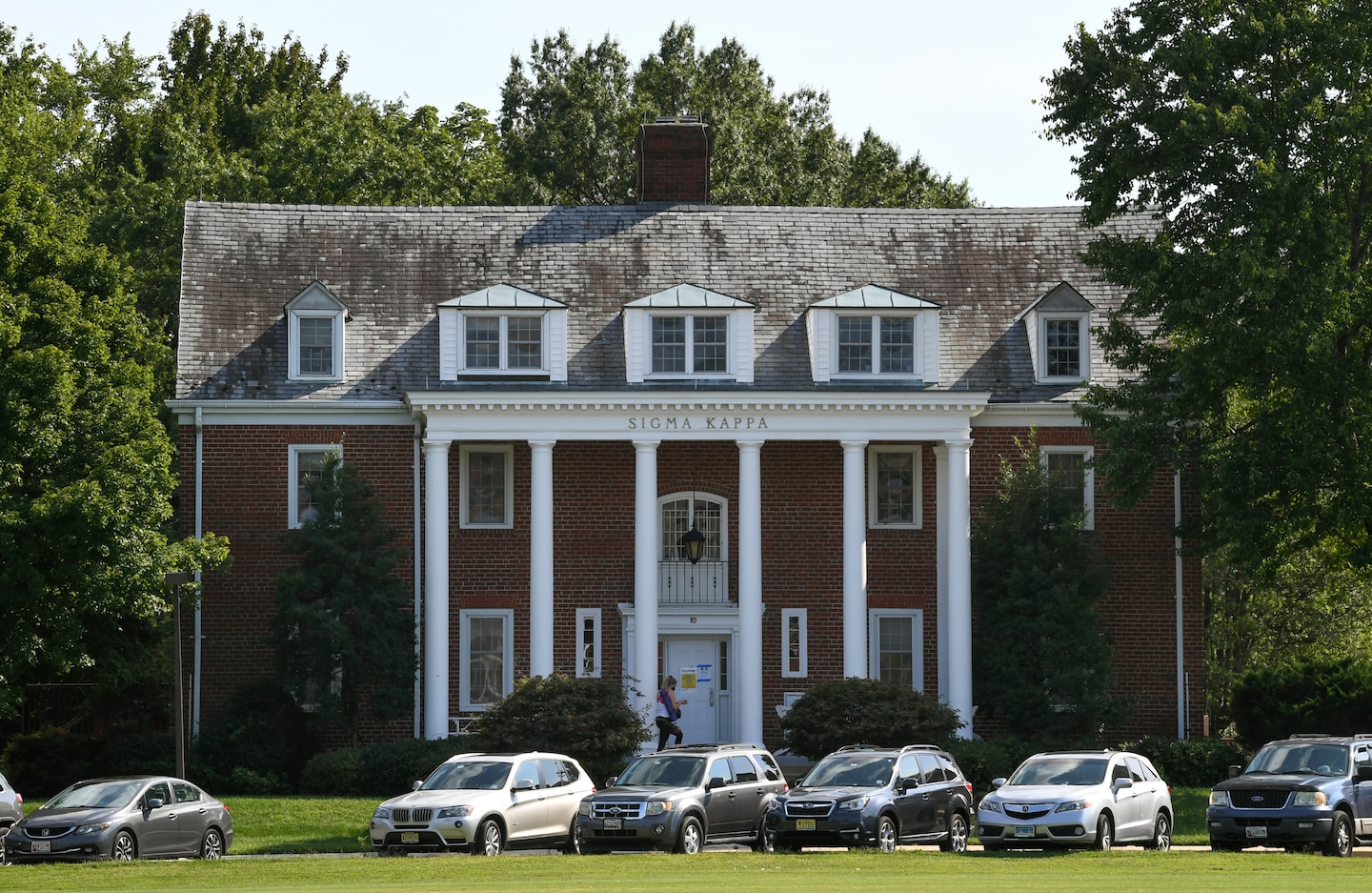The University of Maryland has ended a two-week prohibition on events involving alcohol and socializing with recruits at numerous fraternities and sororities after completing its inquiry into reports of risky behavior. However, five groups and certain individual members are now under further investigation.
The university stated that its evaluation uncovered ongoing issues within chapters that require additional actions, such as implementing new protocols for reporting hazing and developing policies to foster a culture of honesty and answerability.
Following the March 1 directive, students engaged in Greek life at the College Park campus expressed bewilderment as they were not provided any details regarding the incidents that prompted the shutdown of many activities. Some have initiated legal action, supported by the national Fraternity Forward Coalition, condemning the university for allegedly infringing on students’ rights to freedom of association, due process, and privacy.
Meanwhile, as these organizations welcomed new members, concerns about hazing practices targeting “pledges” in fraternities and sororities nationwide have surfaced, resulting in severe consequences including injuries and fatalities. The University of Virginia witnessed the suspension of multiple fraternities after a recruit was hospitalized on February 21.
The university acknowledged the impact of the temporary cessation of certain activities on the fraternity and sorority community, particularly new members, emphasizing that the decision prioritized safety and prevention. Notably, the university’s multicultural Greek organizations and historically Black fraternities and sororities were exempt from the restrictions, as the reported misconduct was primarily linked to the 37 groups associated with the Interfraternity Council and Panhellenic Association.
Initially, fraternity and sorority members were prohibited from interacting with recruits altogether, but this restriction was later relaxed to allow non-Greek life conversations. Subsequently, an external entity named “Clery Act Compliance” was enlisted to conduct interviews with students regarding the allegations, a process that some found intrusive and lacking transparency.
In response to the interviews, students were permitted to have a “support person,” including legal representation, present during the questioning. The university asserted that student participation in the interviews was expected and refusal to do so could violate the school’s code of conduct.
In a lawsuit, the fraternities accused the university of violating student rights outlined in the code of conduct, which ensures students are informed of allegations, provided access to underlying information, and afforded an opportunity to respond. The university clarified that the initial interviews aimed to gather general information, with specific allegations to be investigated under the code in subsequent proceedings.
This narrative is evolving, and further updates will follow.
